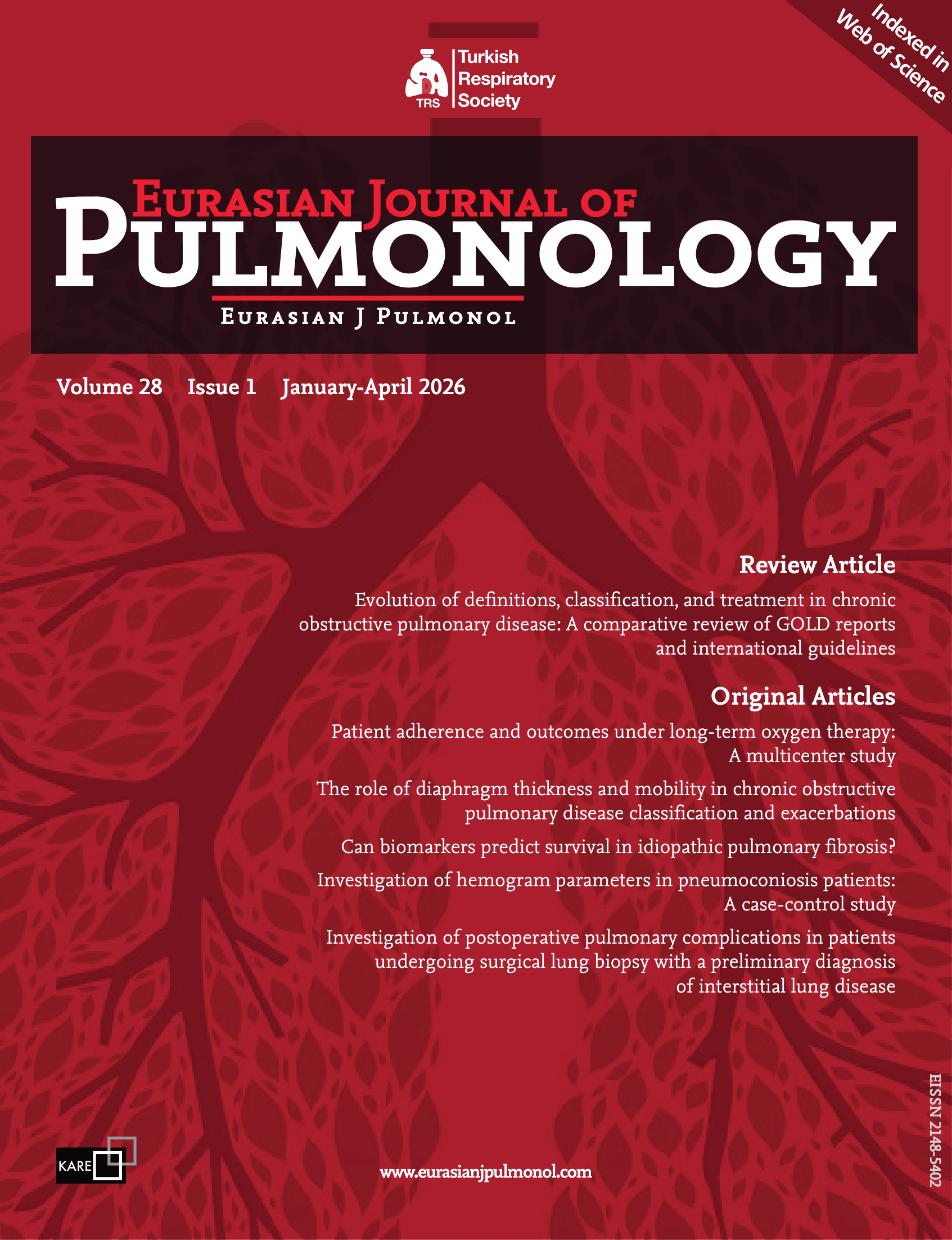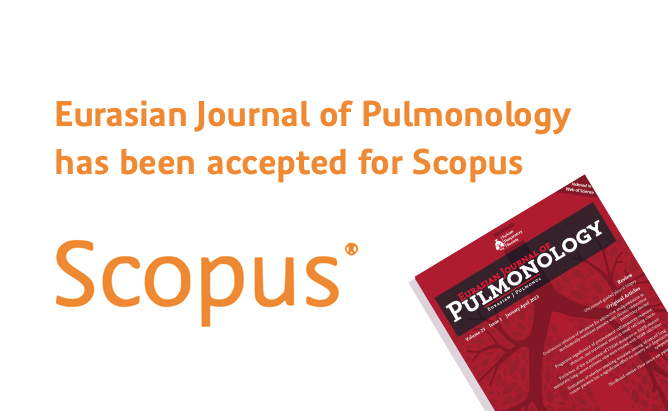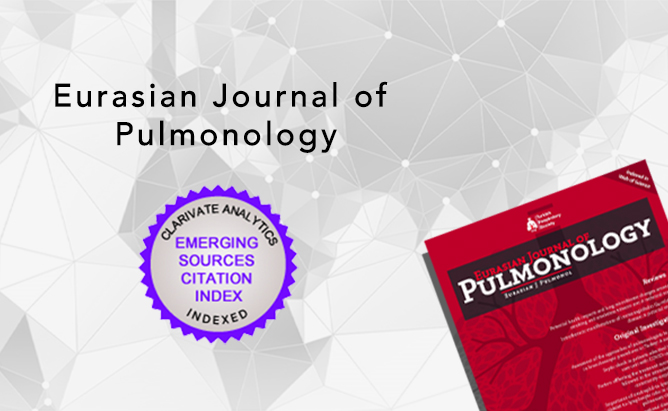2Department of Chest Diseases, Ege University, Izmir, Türkiye
3Department of Radiology, Ege University, Izmir, Türkiye
Abstract
Aspergillus is a mold fungus frequently encountered in nature, notably in soil, boasting over 900 different species. The risk of infection primarily hinges on the host’s immune status, with increased susceptibility in conditions of immune suppression from various causes. Although invasive aspergillosis can affect multiple organs, lung infections predominate. Mediastinitis related to Aspergillus is exceedingly rare. This article aims to discuss a case of Aspergillus mediastinitis in an immunocompetent individual, a rarity in itself. Aspergillus species are ubiquitous mold fungi found primarily in soil, with Aspergillus fumigatus being the leading cause of Aspergillus infections in humans. While invasive aspergillosis can affect various organs, lung infections are most common, particularly in immunocompromised individuals. Mediastinitis related to Aspergillus is exceedingly rare. This case report describes a rare instance of Aspergillus mediastinitis in a 51-year-old man with well-managed type 2 diabetes, hypertension, and a history of myocardial infarction. He presented with symptoms of cough, sputum, and back pain, and was initially investigated for pneumonia. Imaging revealed a large mediastinal mass, which led to a diagnosis of a mediastinal abscess. Despite initial broadspectrum antibiotic treatment and surgical intervention, the patient’s condition did not significantly improve. Further investigation revealed an Aspergillus flavus infection. The patient underwent prolonged antifungal therapy, including Amphotericin B and voriconazole, and additional interventions including bronchoscopy and stent placement. Despite partial regression of the mass and resolution of some symptoms, persistent fungal and bacterial infections were noted. This case highlights the complexity of diagnosing and treating Aspergillus mediastinitis, especially in immunocompetent individuals, and underscores the need for comprehensive diagnostic and therapeutic approaches.




 Derya Kaya1
Derya Kaya1 




